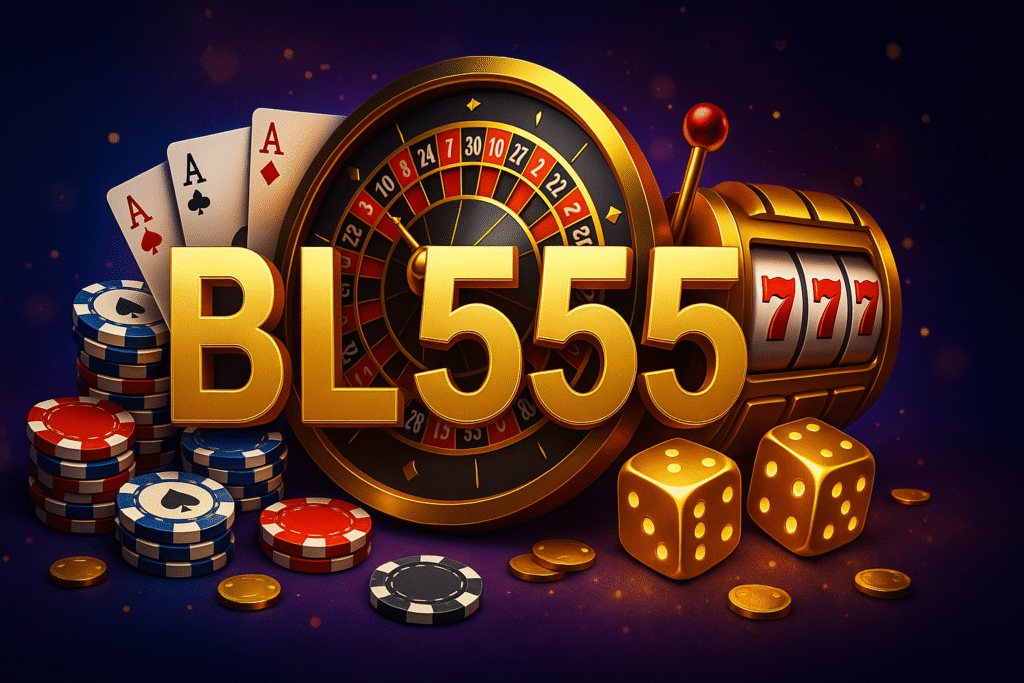Understanding House Edge and Its Effect on Casino Strategy

One of the most important concepts every casino player should understand is the house edge. This term refers to the mathematical advantage that a casino holds over the player in any given game. It exists in both online and physical casinos and affects the outcome over the long term. A good place to start learning about fair gameplay and understanding odds is Trang chủ BL555 where games are clearly labeled with return-to-player percentages and house edge transparency
The house edge is typically expressed as a percentage. For example a house edge of 2% means that for every $100 wagered the casino expects to keep $2 on average. While it doesn’t guarantee losses in the short term over time it ensures the casino remains profitable. Every game has its own built-in edge and knowing these numbers can help players make smarter decisions.
Games with a low house edge are generally more favorable for players. Blackjack is a good example with an edge that can be less than 1% when played with optimal strategy. On the other hand games like keno or some novelty slots may carry a house edge exceeding 10% making them less advantageous for those looking to stretch their bankroll.
Understanding the house edge can help shape your overall casino strategy. If you’re interested in longer play sessions and better chances of winning choosing games with lower edges is the way to go. Games like baccarat craps and certain video poker variations also offer relatively low edges and allow for skillful play.
House edge is not to be confused with volatility or variance. While the house edge is a long-term metric volatility refers to how often and how much a game pays out. A low volatility game pays out smaller wins more frequently while high volatility games have fewer but larger payouts. Choosing between high and low volatility depends on your risk tolerance and playstyle.
Some players fall into the trap of thinking they can beat the house edge consistently through betting systems like the Martingale or Fibonacci strategies. While these systems can provide structure they do not eliminate the casino’s advantage. The house edge remains intact regardless of how bets are arranged or increased.
Bonuses and promotions can temporarily tilt the odds in your favor. For example deposit matches and cashback offers can offset losses or increase your playing time. However it’s important to read the terms including wagering requirements which often return the advantage to the house if not completed efficiently.
Skill-based games offer the most opportunity for players to reduce the house edge. In blackjack for instance using basic strategy charts or card counting can lower the casino’s advantage. Poker is another skill-based game where players compete against each other rather than the house making it one of the few games where skilled players can profit consistently.
Transparency about house edge builds trust. Reputable platforms publish game statistics and allow players to view payout rates in advance. This empowers users to make informed choices based on real data rather than blind luck.
In conclusion understanding house edge is crucial to improving your chances in any casino environment. While the casino will always have an advantage you can manage your play and expectations by choosing games wisely using strategy and taking advantage of responsible promotions. Knowledge of the house edge helps turn random betting into smart informed gaming